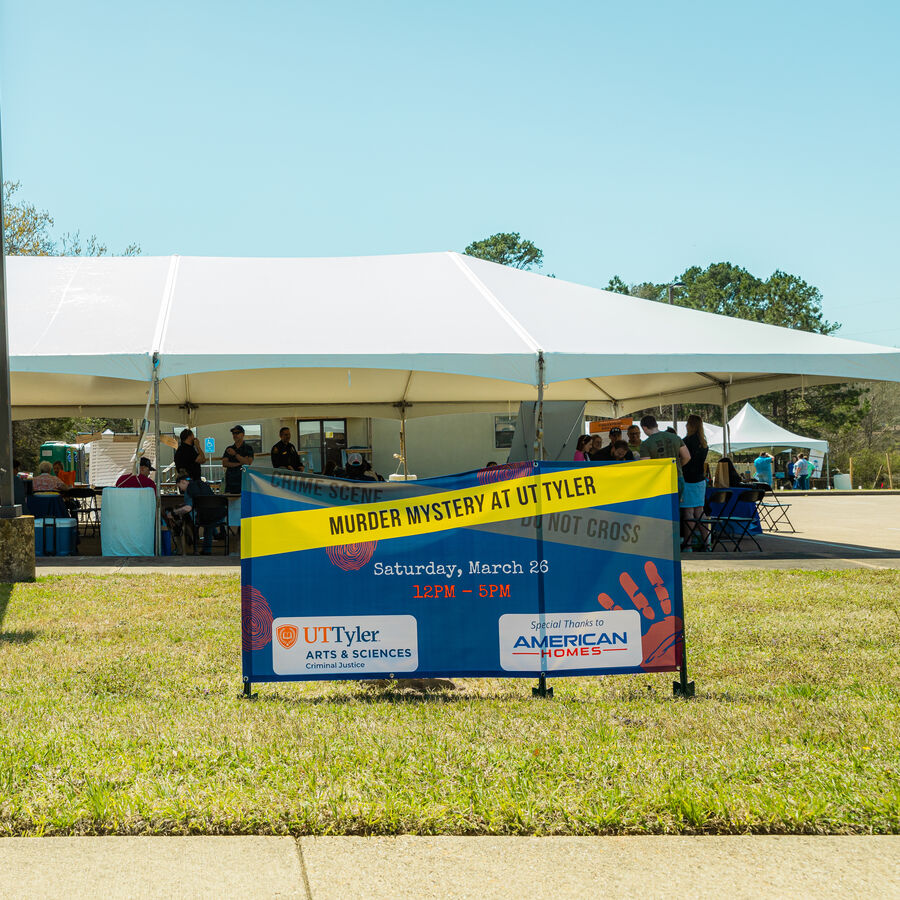
Bachelor of Science in Criminal Justice
Mock Murders Provide Hands-on Learning
Watch criminal justice students test their investigative skills at a mock crime scene house on campus.
Explore Related Programs
Next Steps
Your future is here. Discover all the places a criminal justice degree from UT Tyler can take you.



